# indiantaxation
12 posts in `indiantaxation` tag
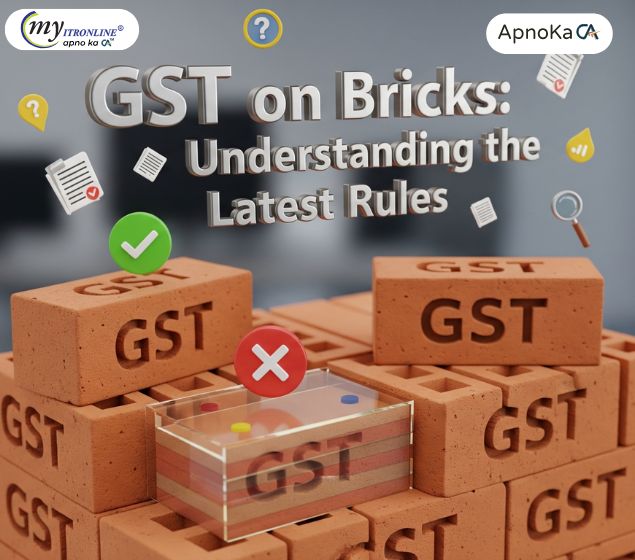
GST on Bricks: Understanding the Latest Rules
This blog post clarifies the latest GST rules for bricks in India, effective September 22, 2025. It details the two tax options for most brick types (6% without ITC under composition scheme or 12% with ITC under regular scheme) and introduces a special 5% GST rate with ITC for sand-lime bricks, which cannot opt for the composition scheme. The article also highlights the crucial annual turnover threshold of ₹20 lakh for GST registration. It explains the importance of these changes, who is affected, the pros and cons, and provides actionable advice for businesses, including checking turnover, correct brick classification, scheme selection, pricing adjustments, and record-keeping. Finally, it discusses the implications for buyers and builders and outlines potential issues such as classification disputes and transitional challenges.
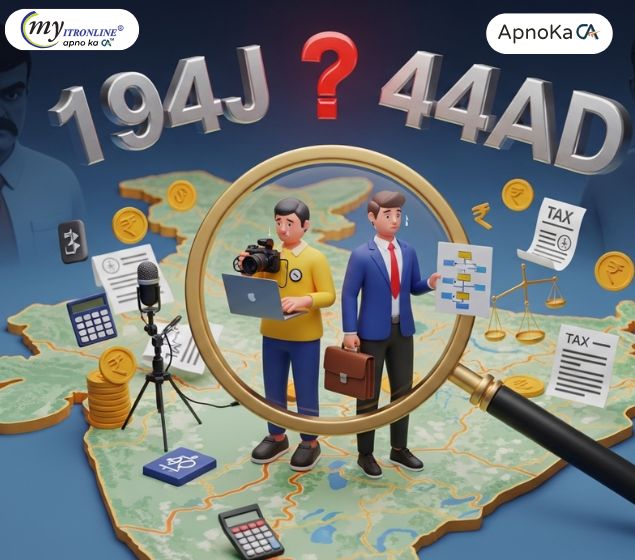
194J vs. 44AD: Tax Scrutiny on India's Content Creators & Consultants
This blog post addresses the increasing tax notices faced by Indian content creators, influencers, and consultants due to a common mismatch: clients deducting TDS under Section 194J while they file income tax returns under Section 44AD. It breaks down the key tax provisions (194J, 44AD, 44ADA), explaining what each means for freelancers and businesses. The article clarifies that a 194J deduction doesn't automatically mandate filing under 44ADA; the crucial factor is whether the profession is listed under Section 44AA. It details potential impacts on tax burden, cash flow, and the need for increased documentation, while also offering actionable steps for creators and consultants to ensure compliance, including clarifying work nature, maintaining records, client communication, cash flow monitoring, and seeking professional tax advice.
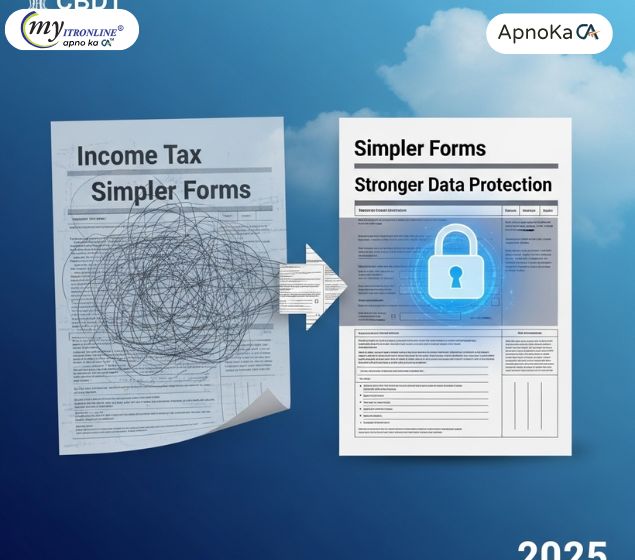
CBDT Overhauls Income Tax: Simpler Forms & Stronger Data Protection by 2025
The Central Board of Direct Taxes (CBDT) is implementing significant changes to income tax forms and rules, effective April 2025, following the new Income Tax Act of 2025. The initiative focuses on simplifying tax filing through smart, pre-filled forms, drastically reducing the number of forms from 200 to under 100, and ensuring robust protection for digital data collected during tax procedures. While new ITR forms are slated for 2027, immediate efforts are on TDS, TCS, advance tax, and exemption forms. These reforms aim to enhance transparency, ease compliance, and create a smarter, safer tax environment for Indian taxpayers.

PAN-Aadhaar Linking: CBDT Offers Major Relief on TDS Demand Notices (2025 Update)
In a major relief for Indian taxpayers, the Central Board of Direct Taxes (CBDT) has waived demands for short TDS deduction arising from payments to inoperative PAN holders. This addresses the widespread issue where deductors received tax notices for not applying the higher TDS rate mandated for unlinked PANs. This blog details the conditions of this relief as per CBDT Circular No. 9/2025, outlines the crucial deadlines like September 30, 2025, and explains the actionable steps for both deductors and deductees to benefit from this waiver and ensure future compliance.
.jpg)
Easy Guide to TCS Form 27EQ
This guide explains TCS Return Form 27EQ for businesses and individuals. It covers its purpose, quarterly due dates, how to pay TCS using Challan 281, and the consequences of late filing or payment, such as interest and penalties. The text uses clear language for easy understanding, helping you stay compliant.
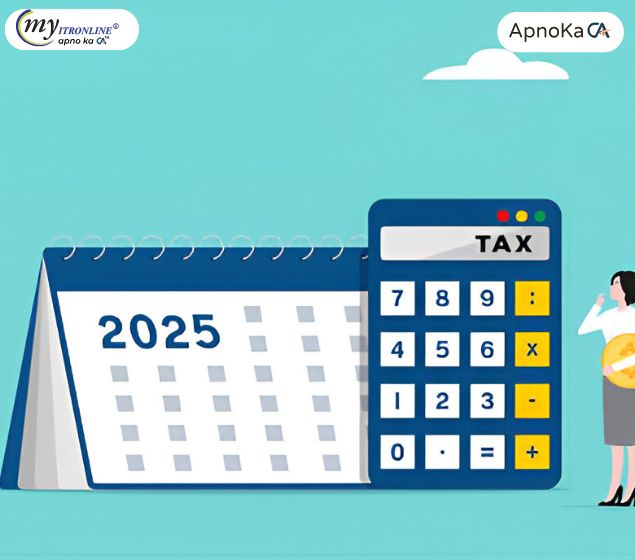
June 2025 Tax Deadlines: Don't Miss These!
June is a critical month for tax and compliance in India. This blog post provides a comprehensive, guide to the over 20 crucial deadlines for June 2025 across Income Tax, GST, Company Law (ROC), and Labour Laws. Learn how to stay compliant, avoid penalties, and ensure the financial well-being and smooth operation of your business. From TDS/TCS and advance tax payments to GST returns and ROC filings, we cover everything you need to know.

New Rules for ITR-1 & ITR-4: Your AY 2025-26 Guide (Old Tax System)
This comprehensive blog post outlines the significant changes introduced by the Income Tax Department for Assessment Year 2025-26 (FY 2024-25) concerning ITR-1 (Sahaj) and ITR-4 (Sugam) under the Old Tax Regime. It details the newly mandated annexures for claiming various deductions, including HRA, Section 80C, 80D, 80DD, 80DDB, 80E, 80EE, and 80EEB. Readers will find crucial information on the new required fields for each section, key points to remember for seamless e-filing, common validation errors to avoid, and important deadlines. The post emphasizes the importance of accurate data submission and retaining supporting documents to ensure tax compliance.

India's Senior Tax Relief: Simplify Your Retirement Finances
This blog details the simplified tax relief measures, exemptions, and deductions for senior and super senior citizens in India, as outlined by the Income Tax Department. It covers key aspects of the Old and New Tax Regimes, specific deductions for pension and interest income, medical expenses, and relaxed ITR filing norms for Assessment Years 2025-26 and 2026-27, empowering retirees for better financial management.
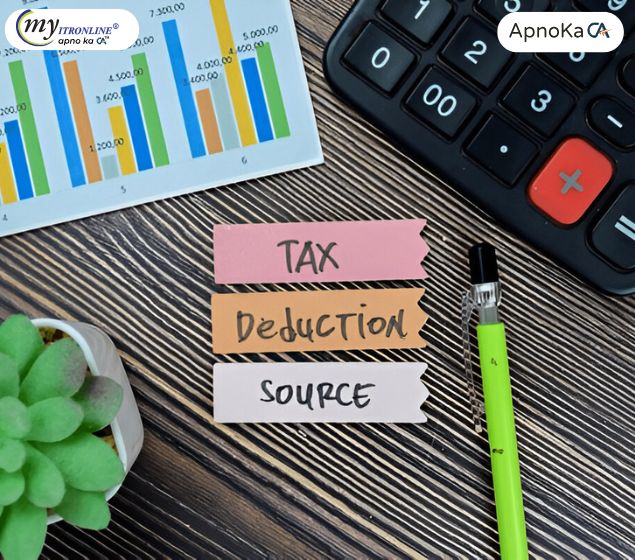
TDS Simplified: Your Essential Rate Chart for FY 2025-26 (AY 2026-27)
This in-depth guide simplifies TDS (Tax Deducted at Source) for Financial Year 2025-26 (Assessment Year 2026-27). Discover how this crucial tax collection mechanism works, explore the latest changes from Union Budget 2025 including increased threshold limits, the introduction of Section 194T for partners' remuneration, and the removal of higher TDS for non-filers. We provide a detailed TDS rate chart and explain the implications of non-compliance, empowering both deductors and deductees for efficient tax planning and compliance

Understanding 44AA, 44AB, 44AD, 44ADA for the Upcoming AY 2025-26
This post offers an in-depth overview of key Income Tax Act sections (44AA, 44AB, 44AD, 44ADA) applicable for AY 2025-26 (FY 2024-25). It details the requirements for maintaining accounting records and mandatory tax audits based on income/turnover thresholds. It also explains the presumptive taxation schemes for eligible small businesses (44AD) and professionals (44ADA), including updated limits and the implications of opting for or out of these schemes. The guide aims to clarify compliance duties for taxpayers
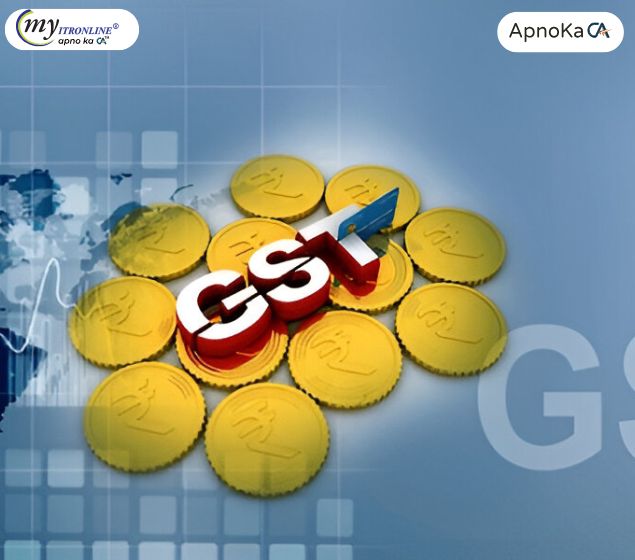
CBIC Officially Notifies GST Appellate Tribunal (Procedure) Rules, 2025
The CBIC has notified the GST Appellate Tribunal (Procedure) Rules, 2025, effective April 24, 2025. These rules establish a detailed framework for the GSTAT, emphasizing mandatory e-filing via a dedicated portal, allowing hybrid hearings, and setting clear timelines. Key features aim to streamline GST dispute resolution, ensuring transparency, efficiency, and faster processing of appeals, thereby reducing the burden on High Courts and boosting taxpayer confidence.

19.2 Lakh Salary, Zero Tax? The Truth About India's New Tax Regime (FY 2025-26)
Analyzes the feasibility of achieving zero income tax on 19.2 lakh earnings under India's new tax regime (FY 2025-26 / Section 115BAC). Details the regime's rules, standard tax calculation, and debunks the zero-tax claim by highlighting the reliance on disallowed deductions (HRA, LTA, flexi-allowances). Concludes it's unrealistic for most salaried individuals
